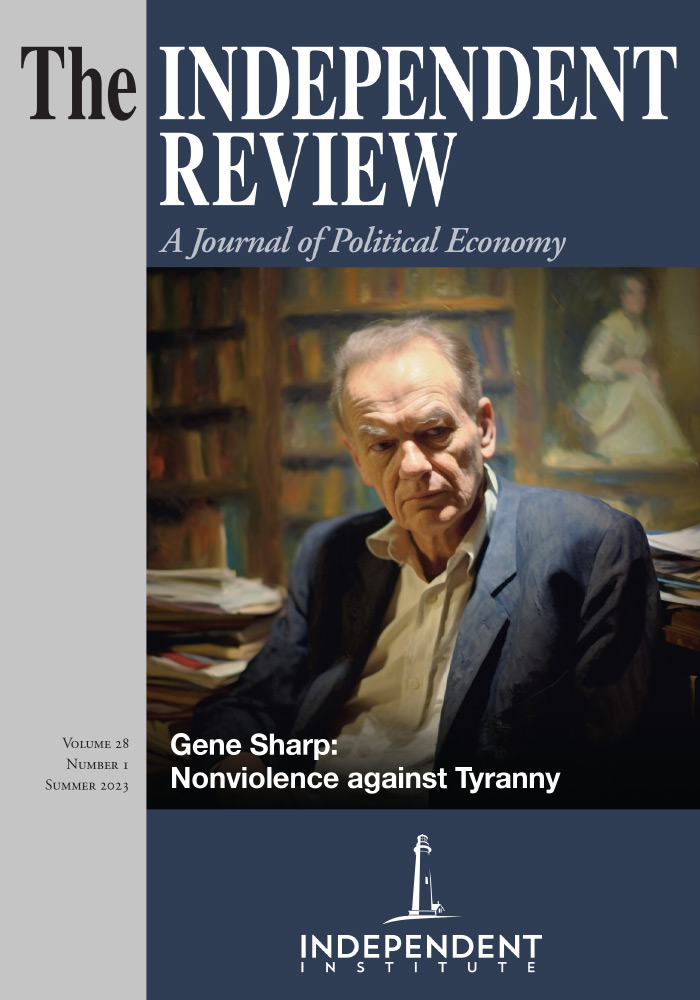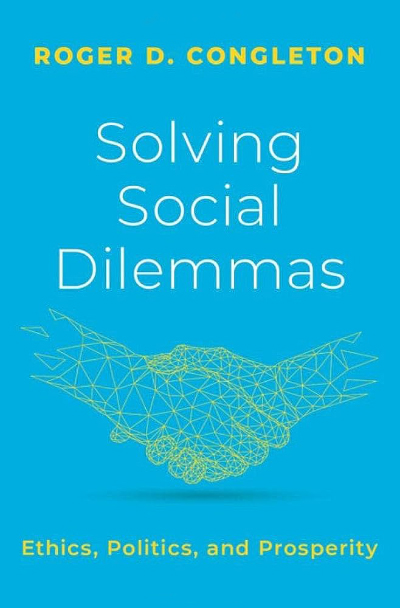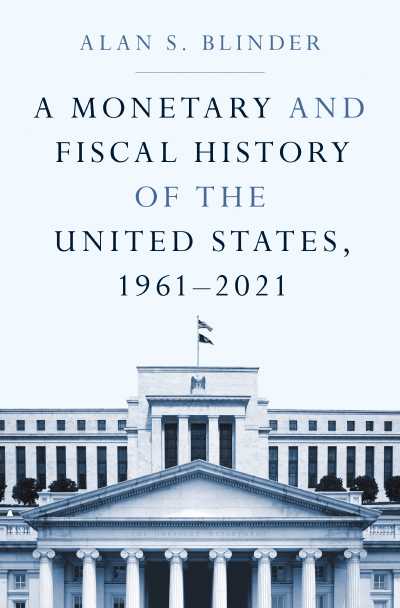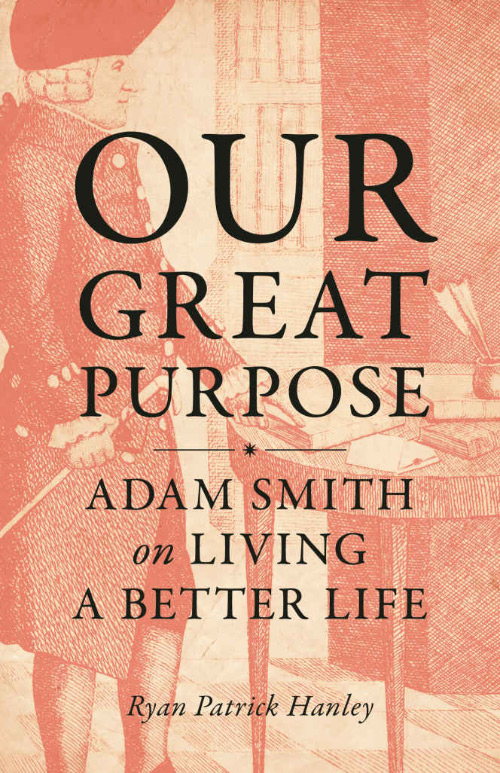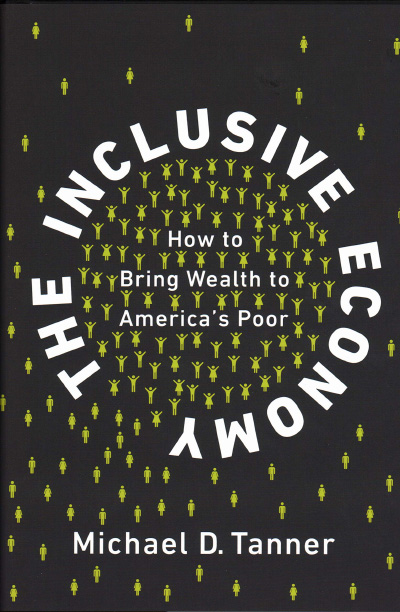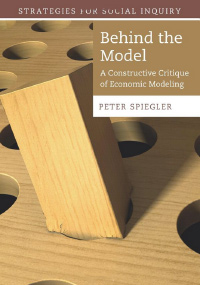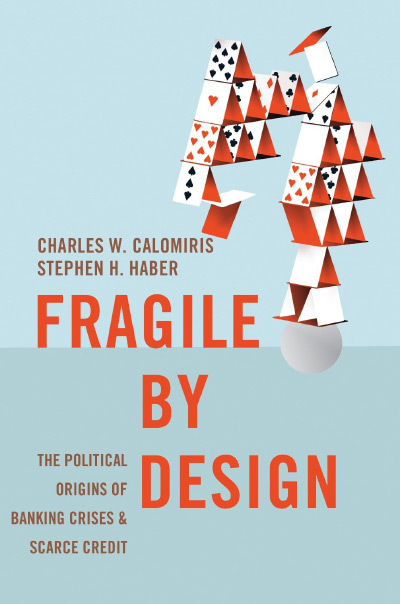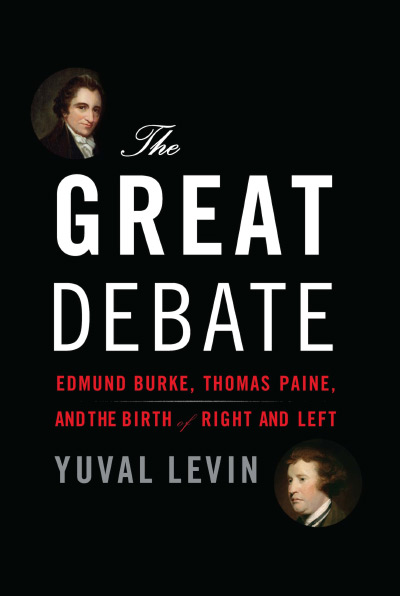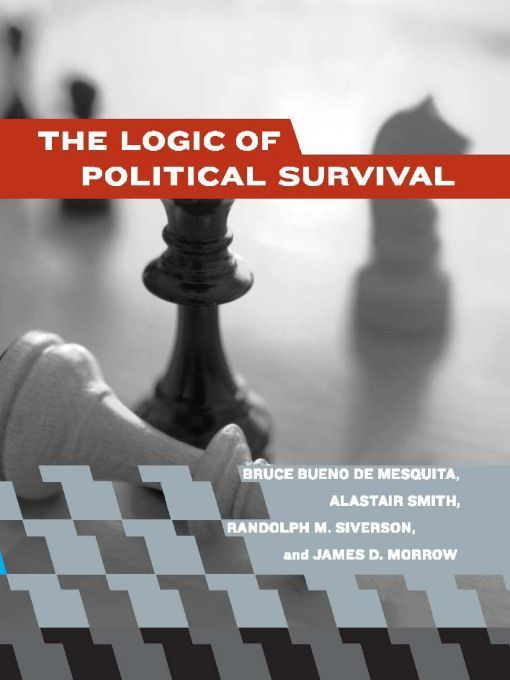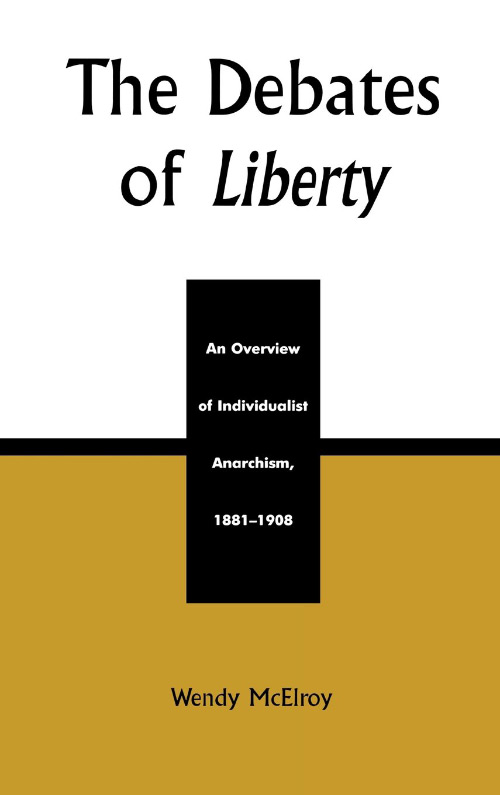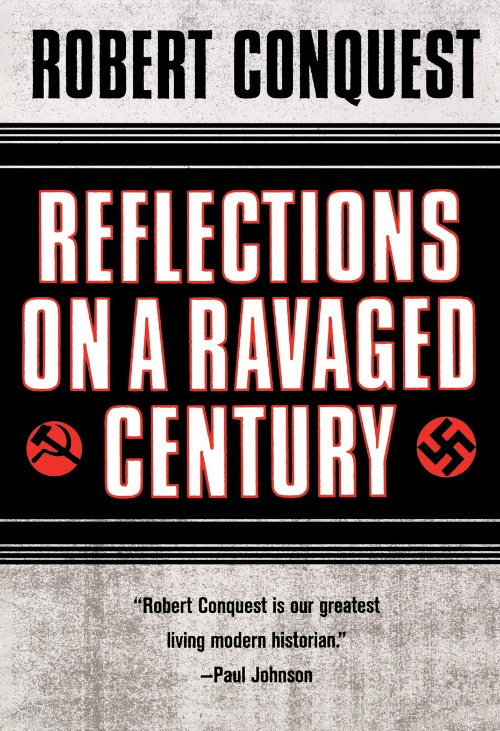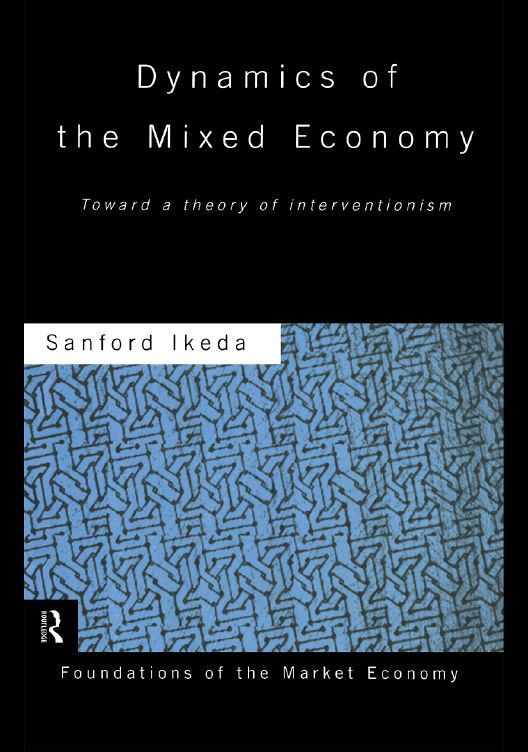Roger Congleton has for years taken the view that institutions, including political institutions, are an essential part of understanding market processes. This book extends that argument back one step, to encompass the idea that the very origin of emergent processes is contingent on a set of norms or dispositions to cooperate, which are themselves partly the result of institutions, because these dispositions partly result from having expectations about the way the social world works, and having those expectations mostly met by the behavior of others. This kind of “equilibrium” is both crucial, and terribly difficult to create if the preconditions do not already exist.
I have to admit that I myself misunderstood this basic point about economics until about 2000 or 2002. That’s embarrassing because I had completed a BA, MA, and PhD in economics more than 15 years earlier, in 1984. But until 2000 or so I thought economics was the value of exchange and the “welfare theorems” that demonstrated the efficiency of market transactions. Market processes moved resources, goods, and services toward their highest-valued use (and I could prove it!). Market failures were simply complications, factors to be accounted for by regulatory authorities that directed the economy.
But almost everything about that story—the body of doctrine that Pete Boettke calls “mainstream” economics—is either irrelevant or flat wrong (See Peter Boettke, 2012, Living Economics, Independent Institute, p. 382). The real contribution of economics is to help societies understand the role of the elaboration of division of labor by decentralized market processes, usually in the absence of central direction, but situated in a context of favorable norms, notions of propriety, and formal rules that authorize and nurture private property, exchange, and investment. Markets and division of labor tend to emerge everywhere, because of humanity’s innate “propensity to truck, barter, and exchange one thing for another” (Adam Smith, Wealth of Nations, p. 7). But this tendency can be constricted, or blocked completely, by norms and formal rules that prevent the development of background institutions.
The exact correspondence between “good” outcomes, and specific rules (if you are J.M. Buchanan, 1975, The Limits of Liberty, University of Chicago Press) or institutions (if you are D.C. North, 1991, Institutions, Institutional Change, and Economic Performance, New York: Cambridge) or ideas (if you are D. N. McCloskey, 2016, Bourgeois Equality, Chicago), or “the visible hand behind the invisible hand” (if you are K. Mittermaier, 2020, The Hand Behind the Invisible Hand, Bristol, England: Bristol University Press), is contested. In fact, we don’t even agree on terms, as the previous sentence illustrates.
This lack of consensus, regarding both what is necessary for commerce to thrive, and what might be sufficient, is what led Roger Congleton to write this book. His goal is to “analyze the ways in which rules of conduct can directly and indirectly affect the extent of commerce” (p. ix). Prosperity and progress are 350 years old, at most. Almost all humans, for almost all of human history, lived almost exactly in the way, and in the economic station, that their parents had lived. Or worse. But then change came, partly as a result of economic forces but mostly as a result of changes in the rules and informal norms constraining commercial activity. Congleton argues that there are a whole suite of collective action problems and social dilemmas that can hold a society back, and that ordinary people only dimly understand the correspondence between the norms and rules we take for granted and the amelioration of those social dilemmas that make continued increases in prosperity possible.
If this sounds rather Hayekian, it certainly is. Congleton begins the book with an extended quote from Hayek, and then cites Hayek as the source of an important source for explaining social change, while noting that the profession as a whole has not embraced the Hayekian approach.
Congleton’s goal is to provide a behavioral explanation for the rise of commercial society, and as a consequence the expansion of widely shared prosperity. The problem is the progress is corrosive of existing institutions, and a sequence of new institutions must be created, with behavior adapting in turn. Congleton focuses on the “internalization” of rules, so that norms are regarded as moral or ethical objectives rather than externally imposed legal constraints.
I was reminded of the centrality of the role of internalized “mores” for Jean-Jacques Rousseau. For all of the criticisms heaped on Rousseau, he saw the problem here very clearly, arguing that there are four types of laws. The first three are political laws, civil laws, and criminal laws. Then Rousseau says (Social Contract, Book II, Chapter 12):
Along with these three kinds of law goes a fourth, most important of all, which
- is inscribed not on tablets of marble or brass but on the hearts of the citizens;
- forms the real constitution of the state;
- takes on new powers every day;
- restores or replaces other laws when they decay or die out, keeps a people in the spirit in which it was established, and gradually replaces authority by the force of habit.
I am speaking of moeurs [mores, norms], of custom, above all of public opinion; an element in the situation that our political theorists don’t recognise, though success in everything else depends on it.
This is almost the same thesis that Congleton is arguing, though the details are different. Why, then, does Congleton not acknowledge the obvious debt to Rousseau? For that matter, why don’t all of us who are interested in norms thank Rousseau for his contributions?
The reason that Rousseau’s claims for norms are not highlighted by classical liberals is that Rousseau thought norms are socially constructed, and quite malleable. Social individuals are literally “manufactured” by society, and that acculturation of sociability is the key responsibility of state-run education. The source of norms for Hume, Smith, and the thinkers of the Scottish enlightenment were the emergent norms of a good society, centering on property rights and the desire to conform to norms of propriety and the requirements of beneficence. Rousseau, and his followers, thought that the source of “good” social norms is the top-down imposition of the general will.
This Rousseauvian tradition is not difficult to find, either in American “progressivism” or in Marxist “socialism.” In the U.S., Progressives came quickly to believe that the creation of the “consent” of majorities was far too important to be left to actual citizens. For example, John Dewey was quite clear in 1920 the citizens are not autonomous creatures, but should be created by society to be components of that organism:
The real difficulty is that the individual is regarded [by liberals] as something given, something already there.... Now it is true that social arrangements, laws, institutions are made for man, rather than that man is made for them; that they are means and agencies of human welfare and progress. But they are not means for obtaining something for individuals, not even happiness. They are means of creating individuals. Only in the physical sense of physical bodies that to the senses are separate is individuality an original datum. Individuality in a social and moral sense is something to be wrought out. (John Dewey, 1920, Reconstruction in Philosophy, New York: Henry Holt. Emphasis added)
In 1921 Walter Lippmann famously argued that consent for the correct public policies should literally be manufactured by elites, rather than trusting democracy to make the right choices:
The established leaders of any organization ... have better sources of information. The books and papers are in their offices. They took part in the important conferences. They met the important people. They have responsibility. It is, therefore, easier for them to secure attention and to speak in a convincing tone. But, also, they have a very great deal of control over the access to the facts. Every official is in some degree a censor. And since no one can suppress information, either by concealing it or forgetting to mention it, without some notion of what he wishes the public to know, every leader is in some degree a propagandist....
That the manufacture of consent is capable of great refinements no one, I think, denies. The process by which public opinions arise is certainly no less intricate than it has appeared in these pages, and the opportunities for manipulation open to anyone who understands the process are plain enough.
The creation of consent is not a new art. It is a very old one which was supposed to have died out with the appearance of democracy. But it has not died out. It has, in fact, improved enormously in technic, because it is now based on analysis rather than on rule of thumb. And so, as a result of psychological research, coupled with the modern means of communication, the practice of democracy has turned a corner. A revolution is taking place, infinitely more significant than any shifting of economic power.
[T]he knowledge of how to create consent will alter every political calculation and modify every political premise. Under the impact of propaganda, not necessarily in the sinister meaning of the word alone, the old constants of our thinking have become variables. It is no longer possible, for example, to believe in the original dogma of democracy; that the knowledge needed for the management of human affairs comes up spontaneously from the human heart. Where we act on that theory, we expose ourselves to self-deception, and to forms of persuasion that we cannot verify. It has been demonstrated that we cannot rely upon intuition, conscience, or the accidents of casual opinion if we are to deal with the world beyond our reach. (Walter Lippmann, 1921, Public Opinion, Chapter XV)
If one accepts this view, then there are obvious implications for the role of the state, as John Dewey spelled out in 1925:
The state is a moral organism, of which government is one organ. Only by participating in the common purpose as it works for the common good can individual human beings realize their true individualities and become truly free. The state is but one organ among many of the Spirit and Will that holds all things together and that makes human beings members of one another.... Its business is negatively to remove the obstacles that stand in the way of individuals coming to consciousness of themselves for what they are, and positively to promote the cause of public education. Unless the state does this work it is no state ... [The new Rousseauvian liberals] served to break down the [Lockean] idea that freedom is something that individuals have as a ready-made possession, and to instill the idea that it is something to be achieved, while the possibility of the achievement was shown to be conditioned by the institutional medium in which an individual lives. These new liberals fostered the idea that the state has the responsibility for creating institutions under which individuals can effectively realize the potentialities that are theirs. (John Dewey, 1925, Liberalism and Social Action. Emphasis added)
There is an alternative strand of this approach to understanding the relation between individuals and the state, filtered through Karl Marx. (And, yes, I am claiming that Progressives are not Marxists, and vice versa, as useful as this imagined connection is for conservative fundraising!) The Marxist-Rousseauvian synthesis was further interpreted by theorists such as Vladimir Lenin, Mao Zedong, Pol Pot, and Che Guevara. Guevara was strikingly clear about the intended educational evolution of Cuban society:
Society as a whole must become a huge school.... Education takes among the masses and the new attitude that is praised tends to become habit.... Discounting those whose lack of education makes them tend toward the solitary road, towards the satisfaction of their ambitions, there are others who, even within this new picture of over-all advances, tend to march in isolation from the accompanying mass. What is more important is that people become more aware every day of the need to incorporate themselves into society and of their own importance as motors of that society.
They no longer march in complete solitude along lost roads towards far-off longings. They follow their vanguard, composed of the Party, of the most advanced workers, of the advanced men who move along bound to the masses and in close communion with them. The vanguards have their eyes on the futures and its recompenses, but the latter are not envisioned as something individual; the reward is the new society where human beings will have different characteristics: the society of communist man. (Che Guevara, 1965, Socialism and Man in Cuba, emphasis added)
I hope I can ask the reader’s indulgence for these extended quotations. The point is that the idea of the need for social relations to be primarily governed norms, mores, and a socially-constructed sense of propriety for self-governance, was not exclusively, or even primarily, a product of the Scottish enlightenment. Which leads to my concern with Congleton’s approach. Early on, we are told “In the absence of internalized norms and institutional arrangements that induce officials to advance the shared interests of citizens, the temptations to adopt extractive policies are too great” (p. xv). Well. That sentiment is precisely, and in fact literally, what the Marxist and Progressive schools of social construction have argued from the outset. The success or failure of the enterprise does not rest with the presence or absence of the goal to construct some sense of social obligation. Instead, it is the specific content of the body of norms and rules that are internalized that makes the difference.
I have some colleagues in the classical liberal movement who honestly believe that their own motives are pure, seeking only the good of society in advocating for markets and the expansion of commercial society, while Marxists and Progressives are cynical rent seekers, in pursuit only of personal power and wealth. That’s ridiculous; everybody believes that their goals for society are the best; self-interest alone is not enough to motivate people to provide the public good of “bettering.” As I (Melvin Hinich and Michael Munger, 1994, Ideology and the Theory of Political Choice, University of Michigan Press, p. 65) put it, thirty years ago:
The [English Civil] war was fought by adherents of two opposing ideologies, over issues that were, in many ways, identical to the interests of the combatants. Indeed, the ideologies existed because of disputes over economics. Large-scale war broke out, however, only when the ideologies transformed these disputes into a battle of good vs. evil. Men were persuaded by the language of duty, and by emotion. Economics can send men to battle, but only ideology can give a spring to their step and give them any hope of winning (emphasis in the original).
So, the sides in this dispute are not the public-spirited liberals advocating for institutions that serve everyone vs. the evil collectivists advocating selfishly for themselves. Everyone is advocating for their vision of the public good, they just disagree about the content of the set of rules that serves the public good best.
Congleton’s claim is that the main contribution of “good” rules, whether these are formal statutes, habits of business practice such as obeying contracts, or moral norms such as obedience to the shared sense of proprieties called manners, is to solve problems of collective action and cooperation. Generally, the ability to solve “social dilemmas” in the background, so quickly and seamlessly that we might forget that the social dilemma still potentially lurks in the background if we abandon the norms that hide the dilemma, has not been sufficiently investigated, much less understood. Congleton is quite right about this, and for this reason the book works, in some places very well.
But I worry that he gives too little consideration to an extension of the problem I raised above: we all agree that solving social dilemmas is the key to good government, but we disagree about what the solution(s) look like. Congleton has reached conclusions about which institutions, norms, and rules are the best solutions, and I agree with him entirely about those conclusions. But it is an understatement to say that this agreement is less than universally shared.
Which leads to the real problem: effective feedback that can settle the dispute over which institutions are best. Congleton references Douglass North (in a tacked-on footnote, on p. 73, probably in response to a complaint from a reviewer, since the reference does not appear in the index at all!), but only to note that North does not sufficiently recognize the value of “how ethical and normative dispositions reduce transaction costs by solving a variety of economic dilemmas.” That’s quite right, and Congleton makes a real contribution here.
But I would have thought that the challenge posed by North would have been more serious, and worth including in the main text: North argued that the advantage of market processes was that prices and profits gave accurate “feedback,” or signals of the relative values of different courses of action. The profit test then adjudicates, over time, among good and bad plans and corporate cultures. As North (Douglass North, 1994, Economic Performance Through Time, American Economic Review 84, pp. 360–361.) put it:
Efficient markets are created in the real world when competition is strong enough via arbitrage and efficient information feedback to approximate the Coase zero transaction cost conditions and the parties can realize the gains from trade inherent in the neo-classical argument.
But the informational and institutional requirements necessary to achieve such efficient markets are stringent. Players must not only have objectives but know the correct way to achieve them. But how do the players know the correct way to achieve their objectives? The instrumental rationality answer is that even though the actors may initially have diverse and erroneous models, the informational feedback process and arbitraging actors will correct initially incorrect models, punish deviant behavior, and lead surviving players to correct models (p. 361; emphasis added).
Is there any such feedback model, in judging the value of norms and ethical dispositions? There is not. This is a point emphasized by Hayek as well, of course, since very few people have even a basic understanding of even the most fundamental market processes. The understanding required of the norms and ethical dispositions that foster commercial society are another level of complexity entirely, and very few people possess it.
To summarize, then: Everyone wants good institutions, and everyone recognizes that bad institutions create or, at best, allow social dilemmas to persist. People disagree, deeply and fundamentally, about the best institutional solutions to social dilemmas. But there is very little hope for accurate feedback mechanisms that would cause people to update their incorrect beliefs.
Congleton might respond to this critique—people don’t understand the link between ethical norms and prosperity, and they can’t easily learn, because feedback is muddled—that that’s precisely the reason that someone might write a book explaining why “prosperity is at root an ethical phenomenon” (p. 430). And that’s a good defense. The book makes a persuasive case, backed by extensive examples and careful analysis, for the claim that some systems of rules, and the associated set of moral intuitions and ethical dispositions thereby implied, are much more supportive of commercial society, and therefore of prosperity, than others.
My point is that only an economist could have written this book. (That may be a compliment, though.) Philosophers want to evaluate ethical systems as ethical systems, not compare ethics based on their material consequences. Congleton is careful to say that societies that have ethical systems that nurture commerce are not more ethical, per se, but ultimately that has to be his argument. The claim is contingent, but it is still ethical: if you care about the poor, if you care about the welfare of the least well off, for normative reasons, then you are ethically obliged to select the set of moral intuitions that deliver on the promise of prosperity. Those are the norms and ethical dispositions that support commercial society, not for consequentialist reasons but because those rules really are ethically superior. The alternative position, that what matters is caring deeply about the least well off while selecting rules that harm them, is incoherent and cannot be sustained.
| Other Independent Review articles by Michael C. Munger | ||
| Summer 2024 | Secret Government: The Pathologies of Publicity | |
| Spring 2024 | Following Their Leaders: Political Preferences and Public Policy | |
| Spring 2024 | The Origins and Evolution of Consumer Capitalism; Crack-Up Capitalism | |
| [View All (80)] | ||

